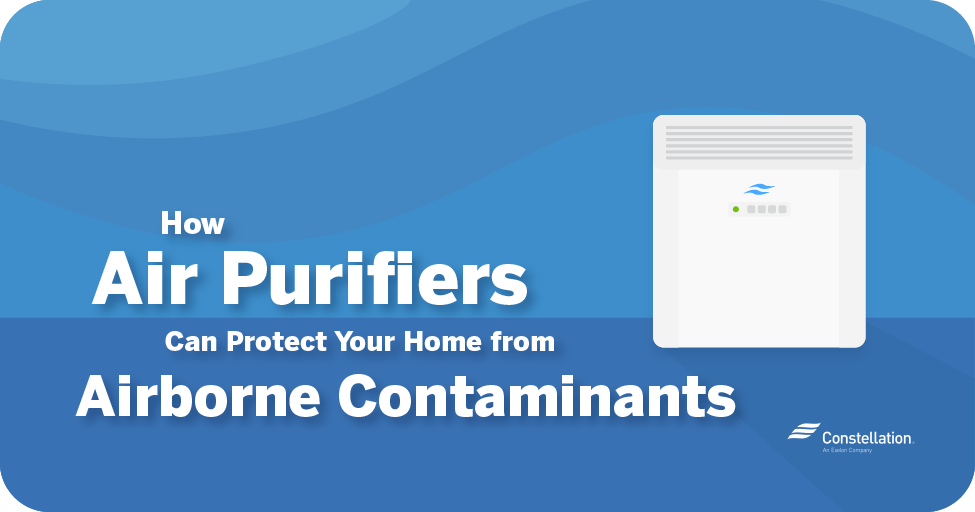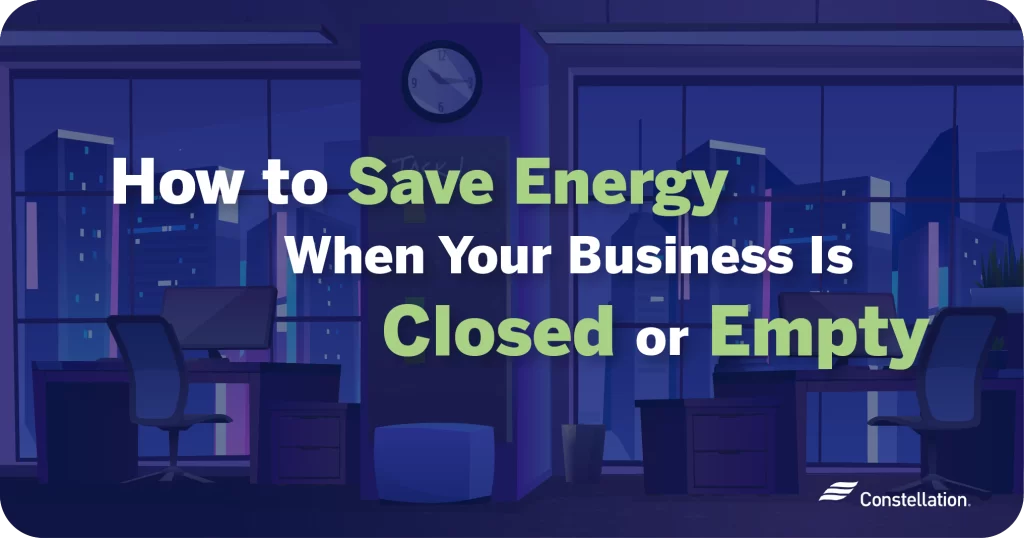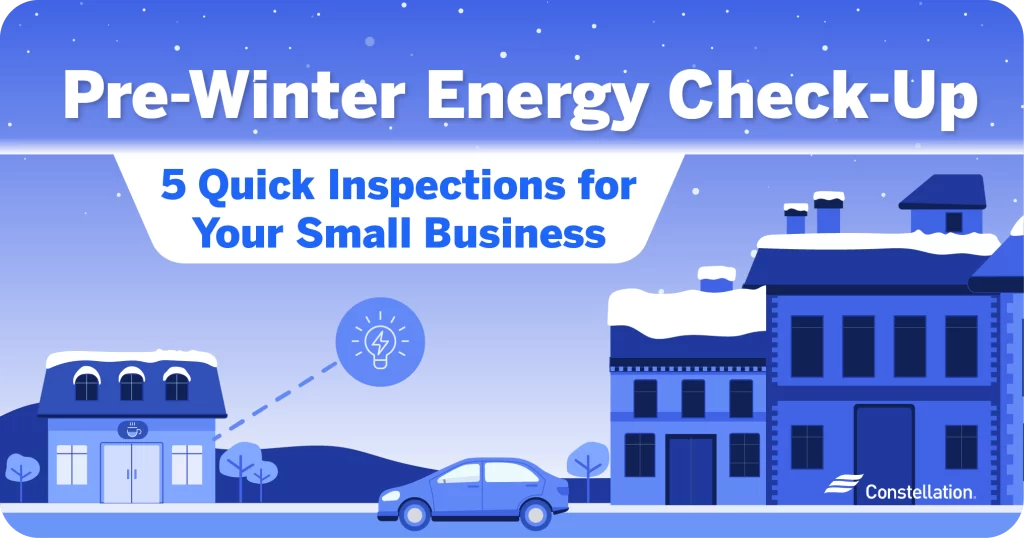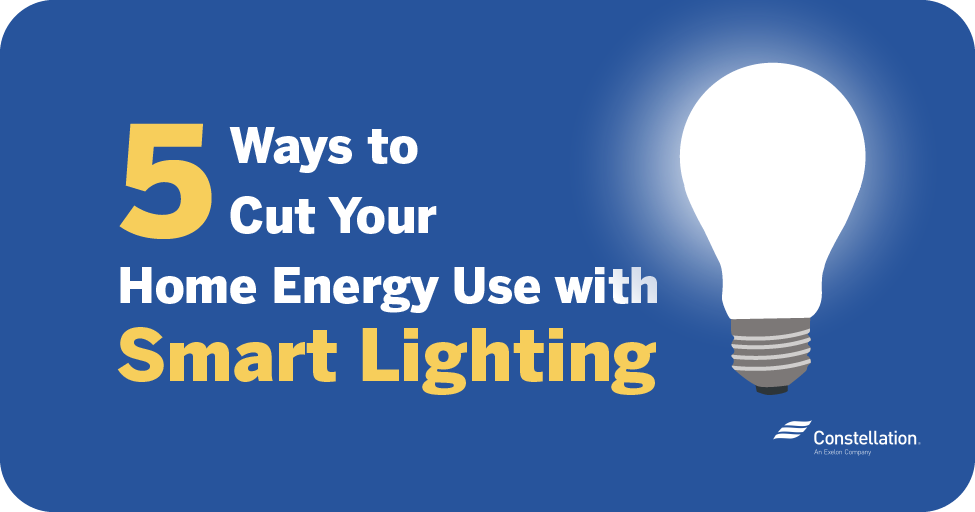
5 Ways to Cut Your Home Energy Usage with Smart Lighting
Home lighting has important practical and aesthetic applications. We use lighting to brighten our homes at night, to focus attention, for security and to create atmosphere.
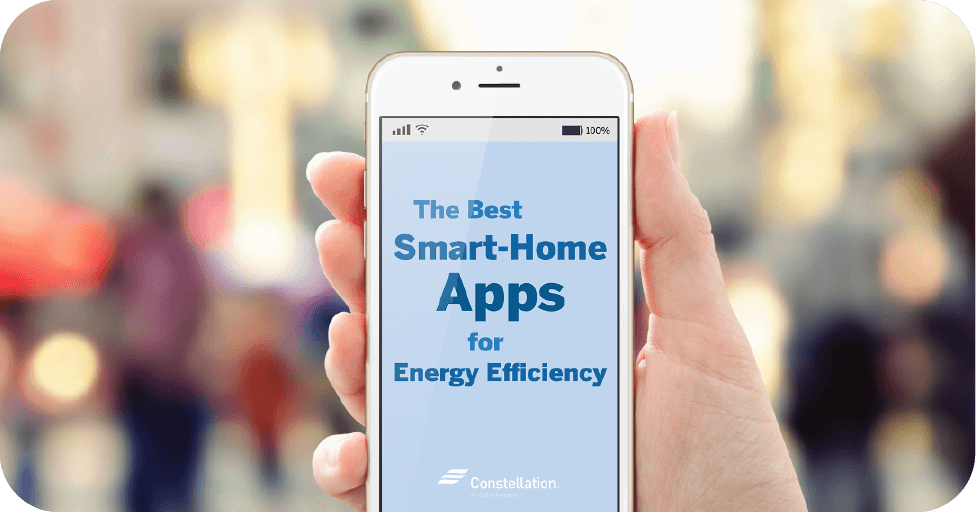
The Best Smart-Home Apps for Energy Efficiency
According to the US Energy Information Administration, the average household in the United States pays around $1,340.04 for electricity every year, with small businesses paying approximately $7,856.
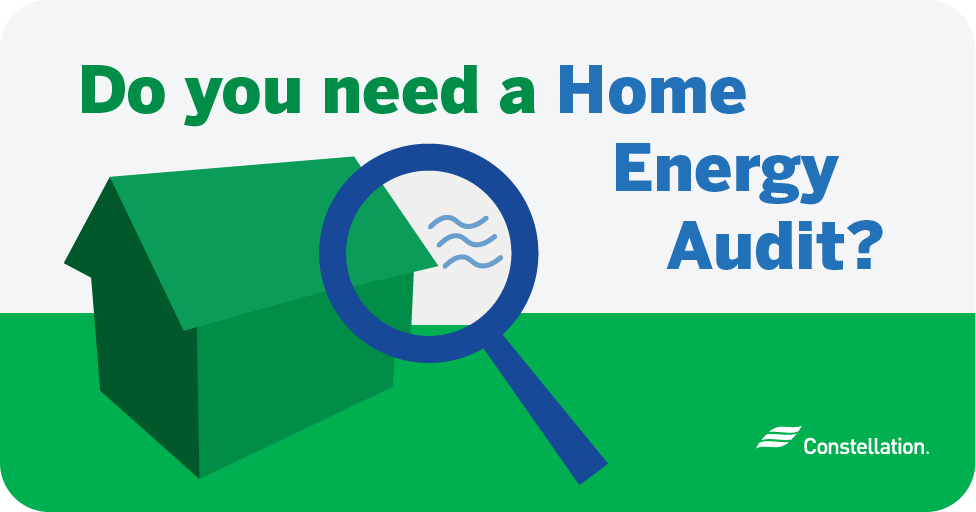
What is a Home Energy Audit and How to Do One
The US Energy Information Administration estimates the average annual electricity consumption of a US home is 10,399 kilowatt hours (kWh), and depending on where you live or how you receive energy, a year’s worth of energy can really add up. But what many homeowners don’t know is that their home could be working against them

Energy-Efficient Humidifiers: The Benefits of Home Humidity
It’s uncomfortable dealing with dry air in your house, especially if you live in a region with cold, dry winters. The most common solution for dealing with dry air is a humidifier, which adds moisture to the surrounding air.
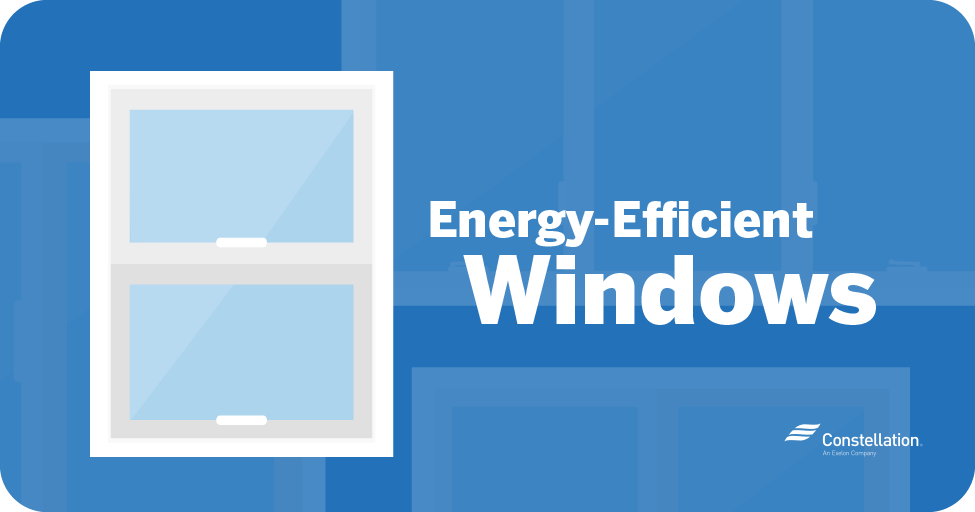
How Replacing Windows Increases Your Energy Savings
According to Energy.gov, the average American household wastes energy due to drafts, air leaks and inefficient heating or cooling systems.
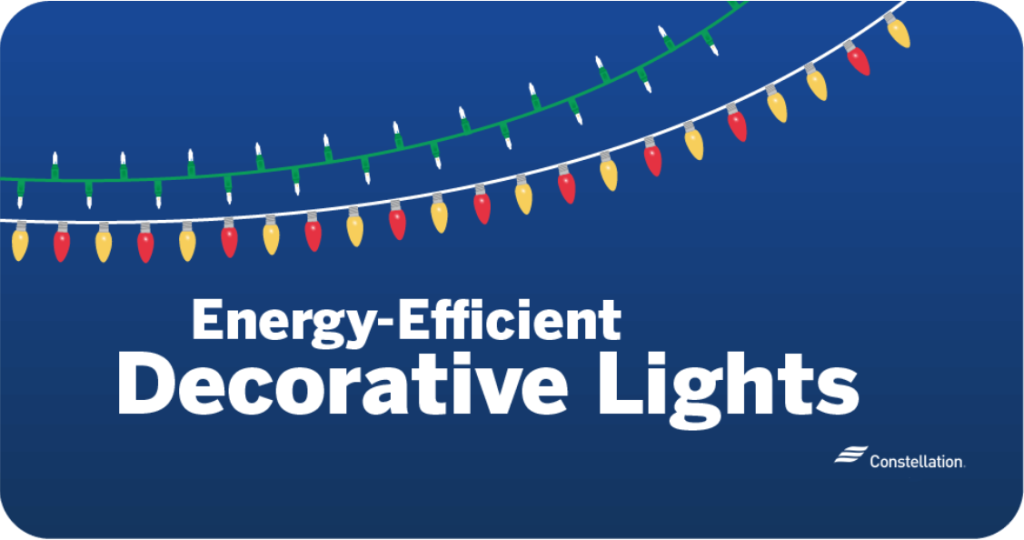
Brighten Your Home with Energy-Efficient Decorative Lights
From lighting up your home to transforming your front yard, decorative lights are a popular way to brighten any home during the holidays. While traditional string lights and decorative lights are a staple in many homes, they can use significant amounts of energy.
Get Pricing on Electricity or Natural Gas Plans in Your Area
Whatever your energy needs, we've got a plan for you
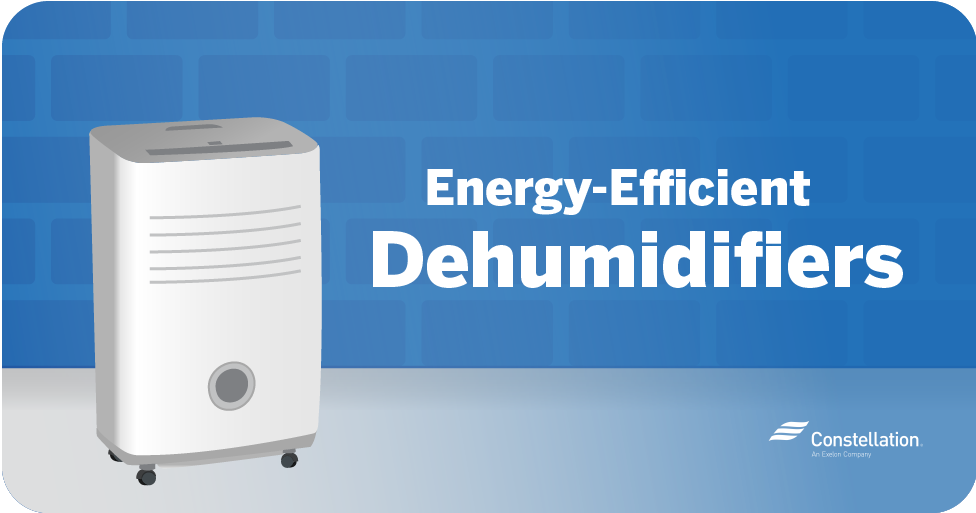
Energy-Efficient Dehumidifiers: How to Choose the Best Dehumidifier for Your Home
Properly maintaining your home’s humidity can be important for both your health and your living space. Too much humidity in your house could possibly result in mold and wood rot, and aggravate allergy and asthma symptoms.
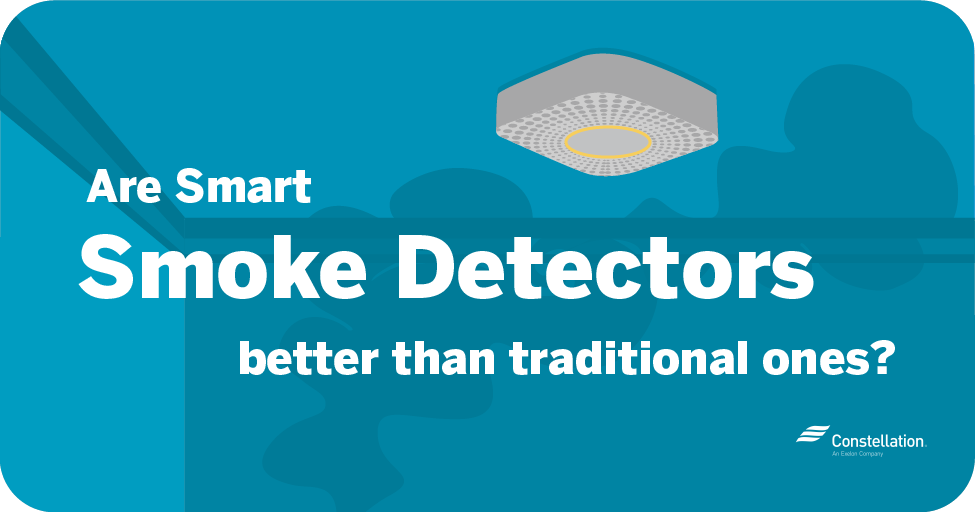
Are Smart Smoke Detectors Better Than Traditional Ones?
Have you checked your smoke detectors recently? If not, you might want to.
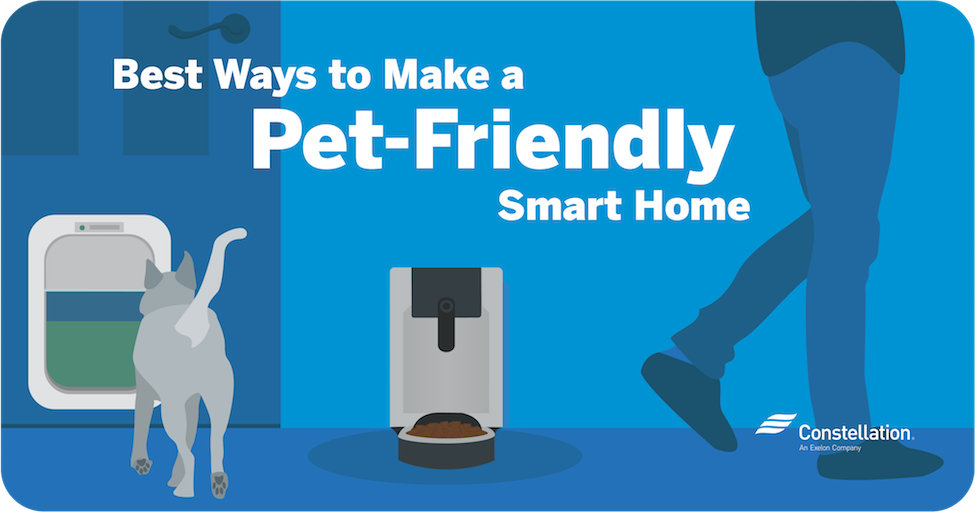
Best Ways to Make a Pet-Friendly Smart Home
Americans love their pets. According to the ASPCA, 44 percent of American households have a dog, and 35 percent have at least one cat.
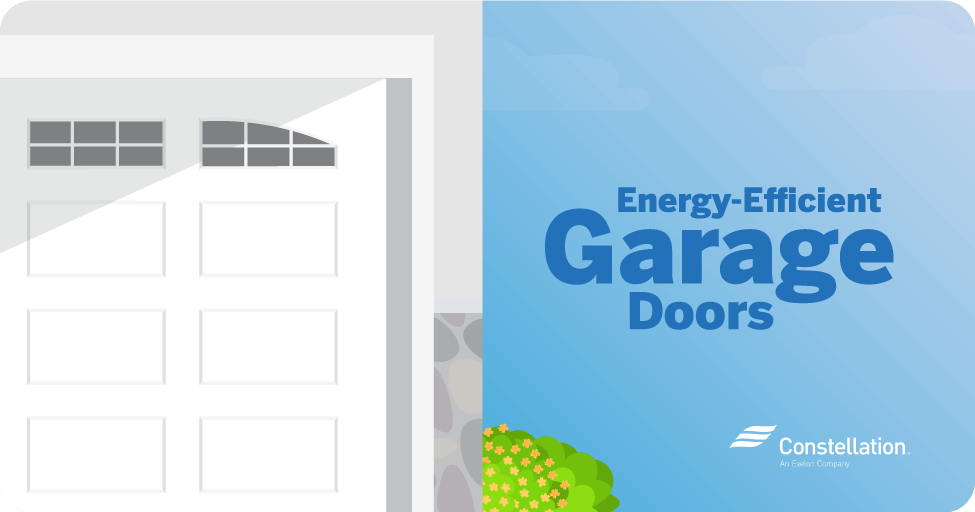
Choosing Energy-Efficient Garage Doors
Garages are rarely connected to a home’s heating and cooling system, so why insulate a garage door? Energy-efficient smart garage doors offer a range of advantages, from cooling the garage during hot weather to offering better security.
